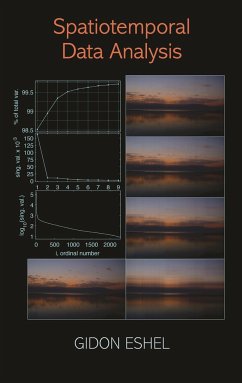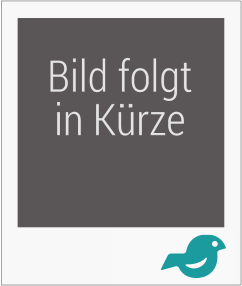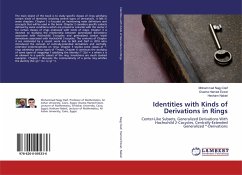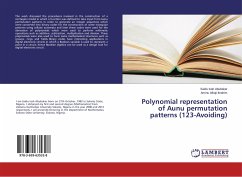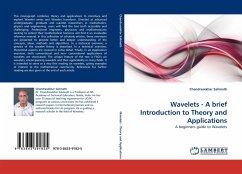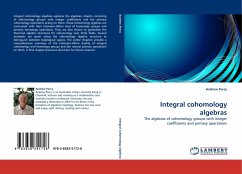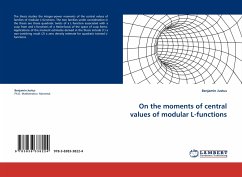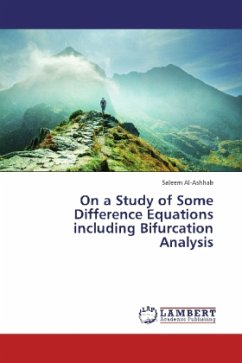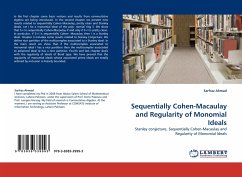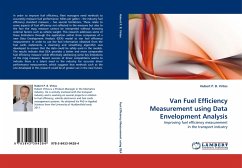
Van Fuel Efficiency Measurement using Data Envelopment Analysis
Improving fuel efficiency measurement in the transport industry
Versandkostenfrei!
Versandfertig in 6-10 Tagen
52,99 €
inkl. MwSt.

PAYBACK Punkte
26 °P sammeln!
In order to improve fuel efficiency, fleet managers need methods to accurately measure fuel performance. Miles per gallon - the industry fuel efficiency standard measure - has several limitations. These relate to some aspects of fuel efficiency not reflected in the measure but also to the fact the mpg measure cannot be interpreted without knowing external factors such as vehicle weight. This research addresses some of these limitations through the application within three companies of a new Data Envelopment Analysis (DEA) model to van fuel efficiency measurement. In order to use the fuel infor...
In order to improve fuel efficiency, fleet managers need methods to accurately measure fuel performance. Miles per gallon - the industry fuel efficiency standard measure - has several limitations. These relate to some aspects of fuel efficiency not reflected in the measure but also to the fact the mpg measure cannot be interpreted without knowing external factors such as vehicle weight. This research addresses some of these limitations through the application within three companies of a new Data Envelopment Analysis (DEA) model to van fuel efficiency measurement. In order to use the fuel information obtained from the fuel cards statements, a cleansing and smoothing algorithm was developed to ensure that the data could be safely used in the models. The results indicate that DEA provides a better and more comparable fuel efficiency measure while effectively addressing some key limitations of the mpg measure. Recent success of driver competitions seems to indicate there is a latent need in the industry for accurate driver performance measurement, which suggests that methods such as the one developed in this research could be of greater use in the near future.



